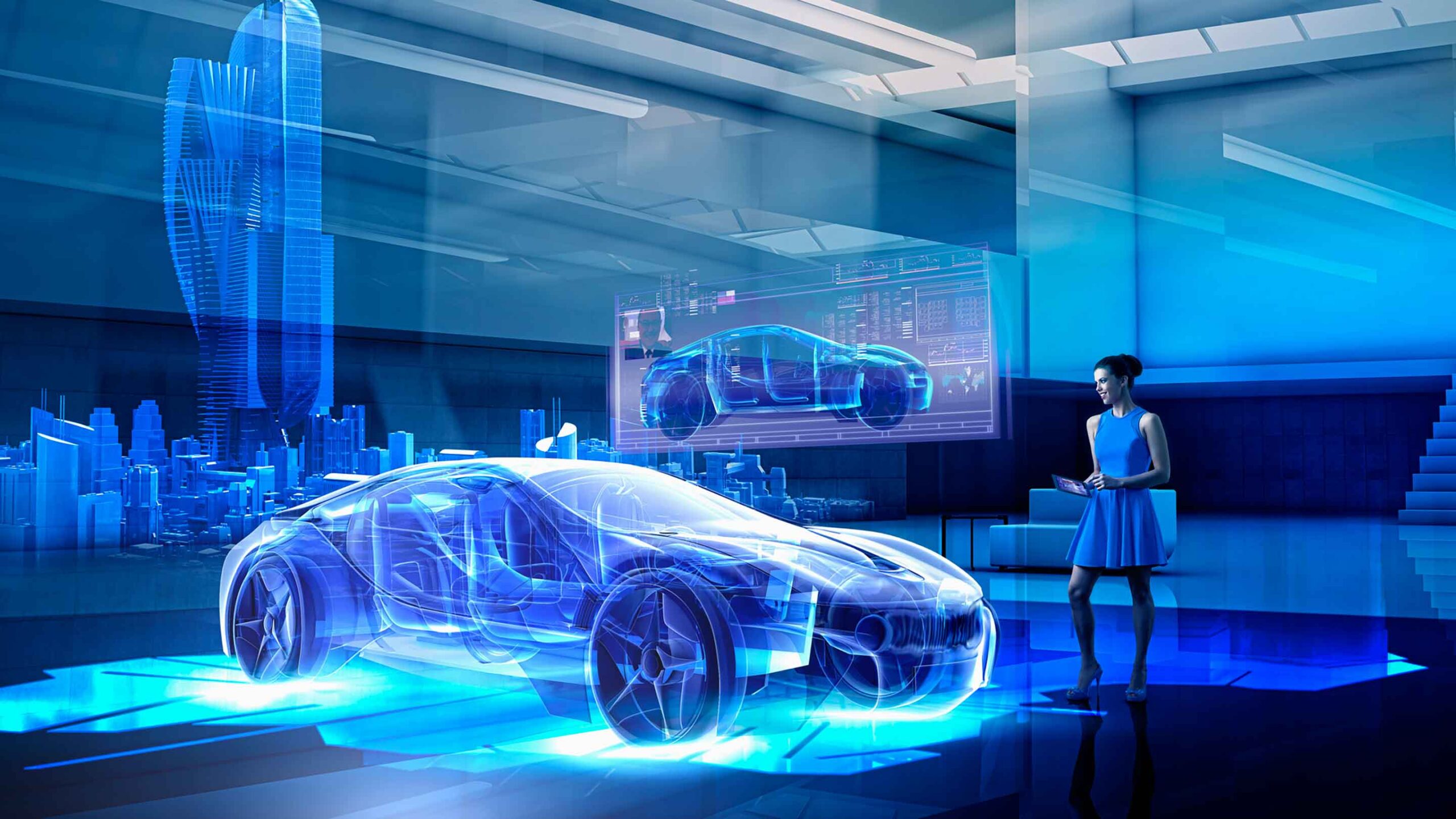The auto industry has always been a symbol for innovation, but in recent years, technology has emerged as the main driver in how vehicles are sold, advertised, and viewed. From the advent of digital showrooms to the emergence of AI-driven devices, the world of automobile sales is changing rapidly. Understanding these trends is crucial for manufacturers, dealers, and marketers who want to keep up.
Table of Contents
Digital Showrooms’ Ascent
Traditional car purchases typically required multiple trips to the dealership for test drives, as well as long discussions. Digital showrooms today allow buyers to view automobiles from their own homes. Virtual tours and augmented reality options let prospective buyers look at every aspect of a car before they set foot into an auto dealership. These tools don’t just improve the customer experience, but they also make the sales process easier by providing the necessary information in advance.
AI and Tailored Client Experiences
Artificial intelligence is revolutionizing the way that automotive companies interact with their customers. Artificial Intelligence-driven virtual assistants, as well as chatbots, will assist with questions or schedule tests, and even suggest cars based on a buyer’s preferences. Predictive analytics enable dealers to anticipate the needs of their customers by tailoring offers and promotions for each customer. This approach is personalized, which builds stronger relationships and improves the chance of making the sale.
The Influence of Digital Marketing for Automobiles
In today’s automotive world, online presence is everything. Effective digital marketing strategies for cars, in particular, when they are paired with platforms such as TurnKey Marketing, can help dealers to reach the right people at the right moment. With everything from targeted social media ads as well as search engine optimization, and even paid ads, digital marketing tools, they ensure that potential buyers are aware of the services and vehicles available. Combining the strategies mentioned above with analytics allows companies to track engagement, track conversions, and tweak their strategies to achieve better outcomes.
Automobile Networks and Data-Driven Perspectives
Modern cars are becoming constantly connected and offer a wealth of information that can improve the post-purchase experience and sales. In real-time diagnostics of vehicle maintenance alerts, vehicle diagnostics, and patterns of usage provide dealers with invaluable insights into their customers’ behavior. Utilizing this information, automotive companies can provide prompt service reminders, customized upgrades, and customized loyalty programs that encourage ongoing engagement well after the initial purchase.
Sales Using Augmented and Virtual Reality
They are currently creating the future of automotive engagement. VR lets customers take an immersive test drive or explore car features in a virtual space. AR applications can overlay information on the car’s specs and highlight specific features. They can even demonstrate how various colors would appear in real-world settings. These types of experiences don’t just make purchasing cars more enjoyable, but also assist customers in making more informed choices.
Using technology to automate the purchasing process
Technology is also making it easier to manage the process of selling vehicles. Financing applications online, such as digital signatures, digital documents, along with automated control of the inventory, cut down on the friction involved in buying. Customers can make a large part of their purchase online, which makes the process more efficient and efficient. The integration of technology will result in greater customer happiness and retention.
Getting Ready for the Future
As technology advances, automobile companies must keep up to stay competitive. The future of car sales isn’t just about the automobiles themselves, but also about creating seamless, interactive, and efficient experiences for all stages that buyers go through.
From digital showrooms to AI-driven personalization and connected vehicles, the automotive industry is changing in ways that improve customer experience and boost the growth of businesses. Dealerships that take advantage of these advancements aren’t just keeping up with the times, but they are also creating the future of how we shop and interact with cars.
